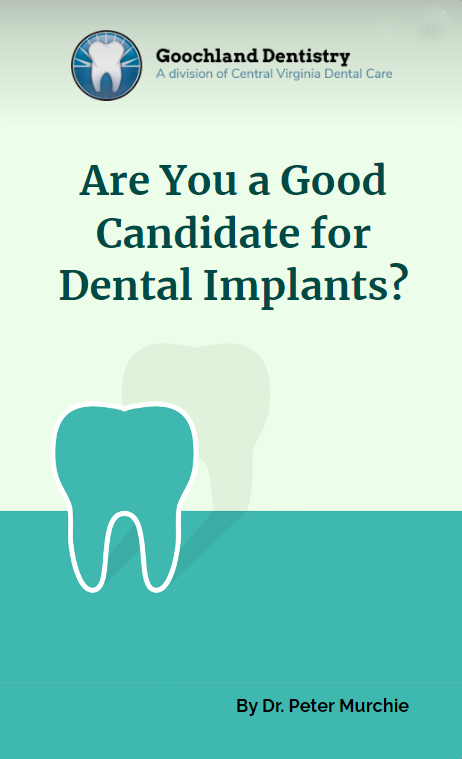
01
Oct
Mouth Disorders and Common Mouth Problems

Your mouth is a very important part of your body. It’s responsible for eating, drinking, speaking, expressing emotions, and all the sensations that go along with each of those tasks.
Unfortunately, the mouth is also full of bacteria and is fairly susceptible to disease. Many oral health problems can be prevented by practicing good oral hygiene, brushing and flossing twice a day, and visiting a dentist twice a year, in addition to avoiding harmful behaviors like using tobacco and drinking excessive amounts of alcohol.
Other oral health problems occur for different reasons, and sometimes, they can’t be avoided at all.
Either way, being aware of some of the most common health concerns that affect the mouth and all of its parts can help you prevent them or at least notice their earliest signs to ensure you get treatment right away.
8 Common Mouth Problems and What to Do About Them
1. Tooth Decay and Cavities
Tooth decay that causes cavities (dental caries) can develop when tooth enamel breaks down due to a process called demineralization.
Demineralization occurs as a result of eating sugary foods that result in the bacteria inside your mouth producing a high volume of acid. This acid breaks down the mineral structure of tooth enamel, weakening it and creating the conditions in which tooth decay and cavities occur.
If you have soft spots in your enamel, our dentist might recommend professional fluoride treatments to help remineralize your teeth tissues. If there are dental caries present, you will likely require a tooth filling.
2. Periodontal Disease
Periodontal disease, also called gum disease, is a bacterial infection of the gums that develops when plaque and tartar accumulate on teeth along the gum line. This creates pockets where bacteria thrive, infecting the gum tissues.
Left untreated, periodontal disease can lead to tooth loss and bone deterioration. Gum disease is also correlated with a host of systemic health problems like heart disease and diabetes.
Signs of gum disease include:
- Red, swollen, or tender gums
- Receding gums
- Gums that bleed easily
- Bad breath
- Pus between the teeth
- Loose teeth
- Change in bite
Gum disease can be prevented with proper oral hygiene. However, if you notice any symptoms of gum disease, it’s important to seek treatment as soon as possible to keep the infection under control.
3. Mouth Sores
Mouth sores are a common occurrence, and most of the time, they’re nothing to worry about and will go away on their own.
Canker sores can happen for lots of reasons. Cold sores are a sign of the herpes simplex virus. Sores can also develop as a result of thrush (a fungal yeast infection). In some rare cases, mouth sores can also be a sign of oral cancer.
If your mouth sores don’t heal after two weeks, schedule an appointment with your dentist or healthcare provider for further assessment and treatment.
4. Oral Cancer
Oral cancer is characterized by an abnormal growth of cells in any part of the mouth and oral cavity including the tongue, lips, cheeks, gums, hard and soft palates, pharynx, and throat.
Signs of oral cancer include:
- Changes in the texture of your tissues
- Sores that don’t heal on their own
- Speckled spots in your mouth
- Lumps and bumps
- Difficulty swallowing
- Numbness or tingling in the lips
- Unexplained hoarseness or lost voice
- Having the feeling of something caught in your throat
We include an oral cancer screening with every dental checkup, but encourage you to schedule an examination right away if you notice any of these signs or symptoms.
5. Bruxism
Bruxism is a condition characterized by frequent/chronic teeth grinding and jaw clenching. It can occur while a patient is awake or during sleep (sleep bruxism).
Bruxism puts excessive wear and tear on the teeth which can lead to worn enamel, tooth sensitivity, broken teeth, receding gums, and tooth decay. It also causes painful symptoms of temporomandibular joint disorder due to the overuse of the jaw muscles.
6. Tooth Sensitivity
Tooth sensitivity is characterized by sharp pain that’s triggered when the teeth are exposed to hot or cold temperatures, pressure, or sometimes sugary foods and drinks.
Tooth sensitivity can occur as a result of cavities, infections, inflammation, receding gums, and worn tooth enamel.
Treatments vary depending on the underlying cause, but you can find some relief before a dental exam with over-the-counter tooth sensitivity products.
7. Malocclusion and/or Crooked Teeth
Crooking teeth not only cause aesthetic issues for our patients, but they can also cause patients to experience pain as a result of having a bite that does not match up (malocclusion).
Crooked teeth are traditionally corrected with metal braces, but can also be more discreetly straightened using a system of clear aligner trays.
8. Bad Breath
Everyone experiences bad breath at some point – especially, in the morning or after eating garlic and onions. However, if your breath is particularly bad or difficult to freshen, it could be an indication of an underlying health condition such as a bacterial infection or chronic dry mouth.
Schedule Now
Oral Health Changes? Schedule a Dental Exam at Goochland Dentistry
Any changes to your oral health or oral cavity could indicate a potential health problem that requires treatment. If you notice any changes in or around your mouth like pain, tenderness, inflammation, sores, or changes to the way your teeth, bite, or soft tissues feel, then we strongly encourage you to schedule a dental checkup with one of our dentists.
During your appointment, Dr. Murchie or Dr. Brown will talk with you about the symptoms you’ve been experiencing and perform a thorough dental examination and oral cancer screening. If we find any signs that could indicate a dental or oral health problem, we’ll talk with you about further testing and treatments if necessary.
To learn more about common conditions that affect the mouth or to schedule a dental examination and oral cancer screening, we welcome you to contact us today.








